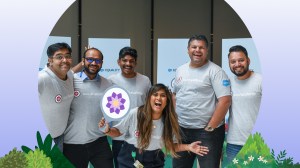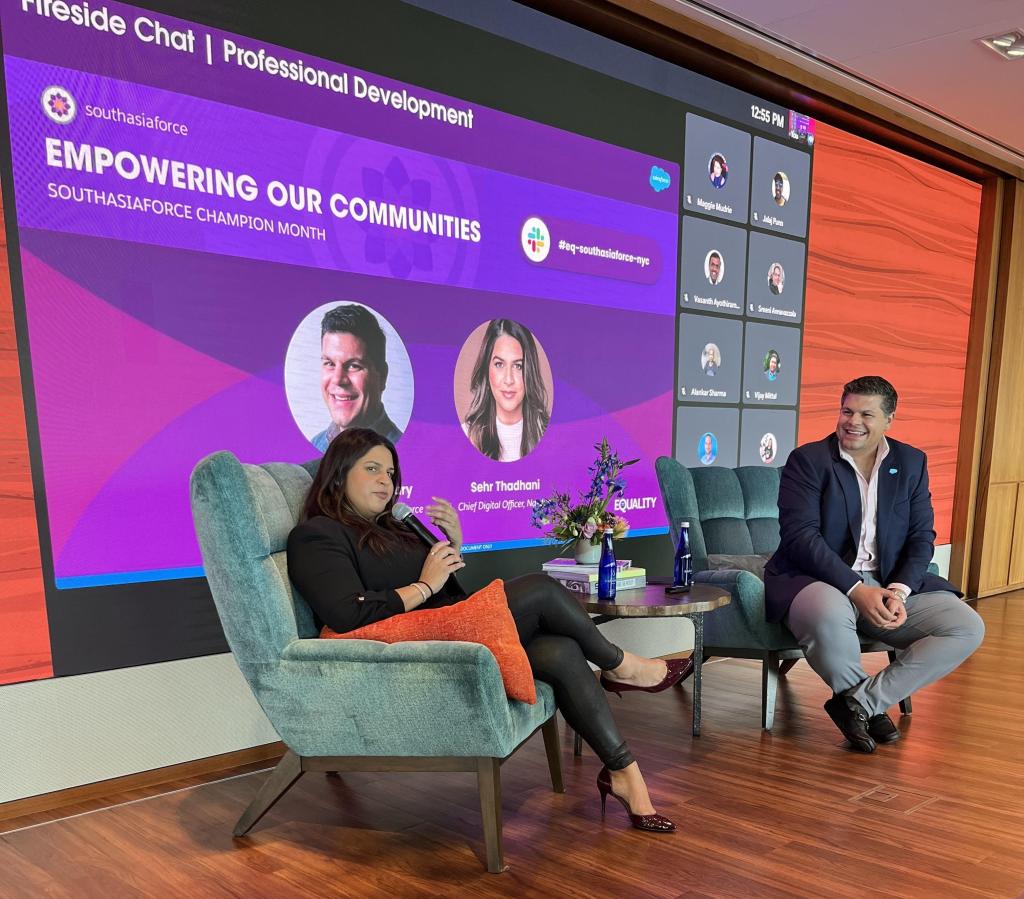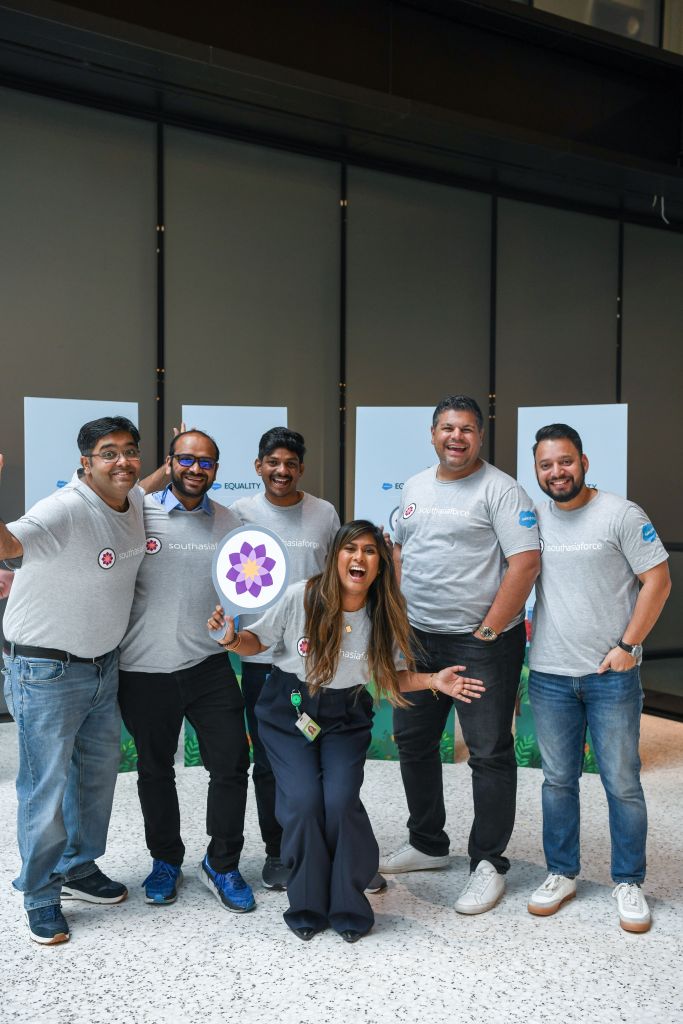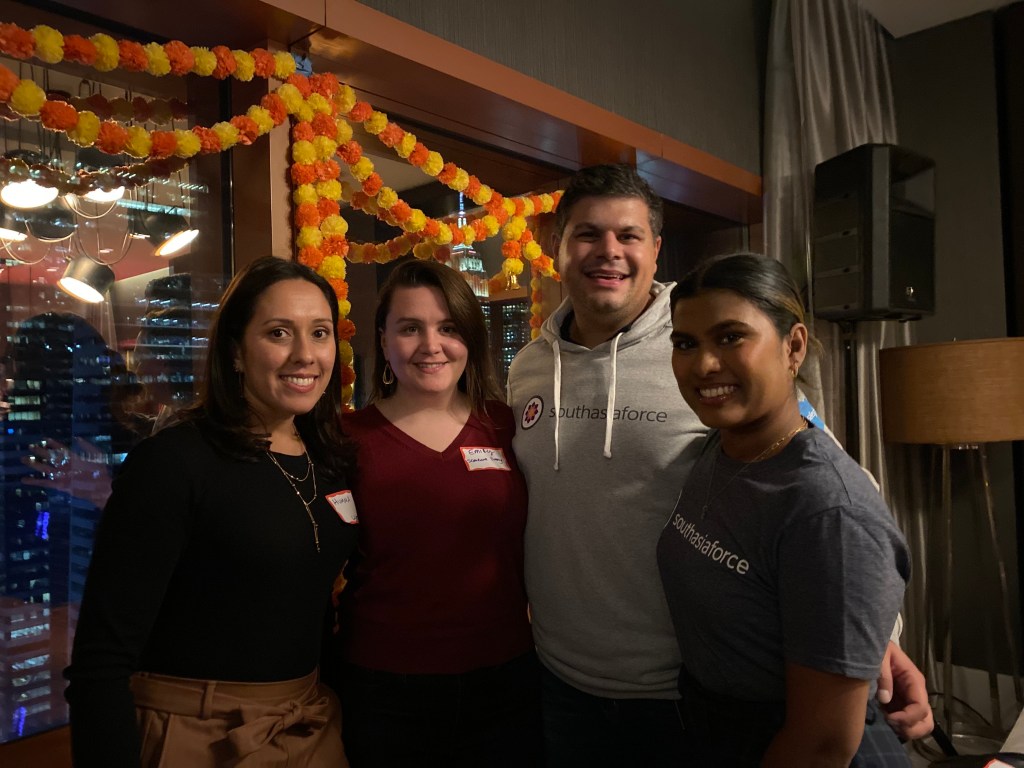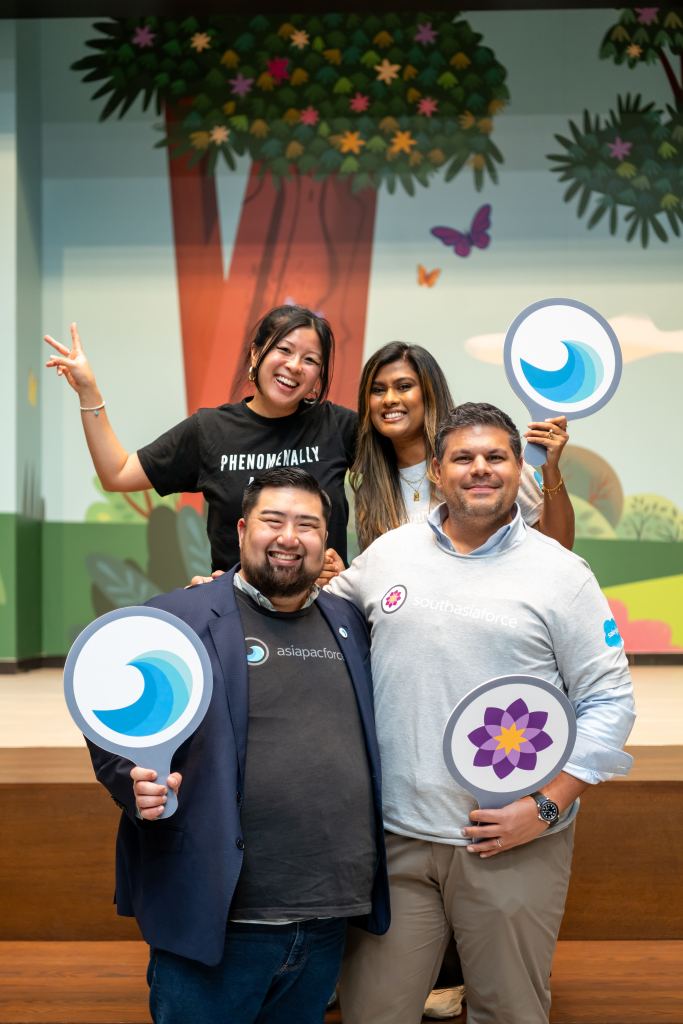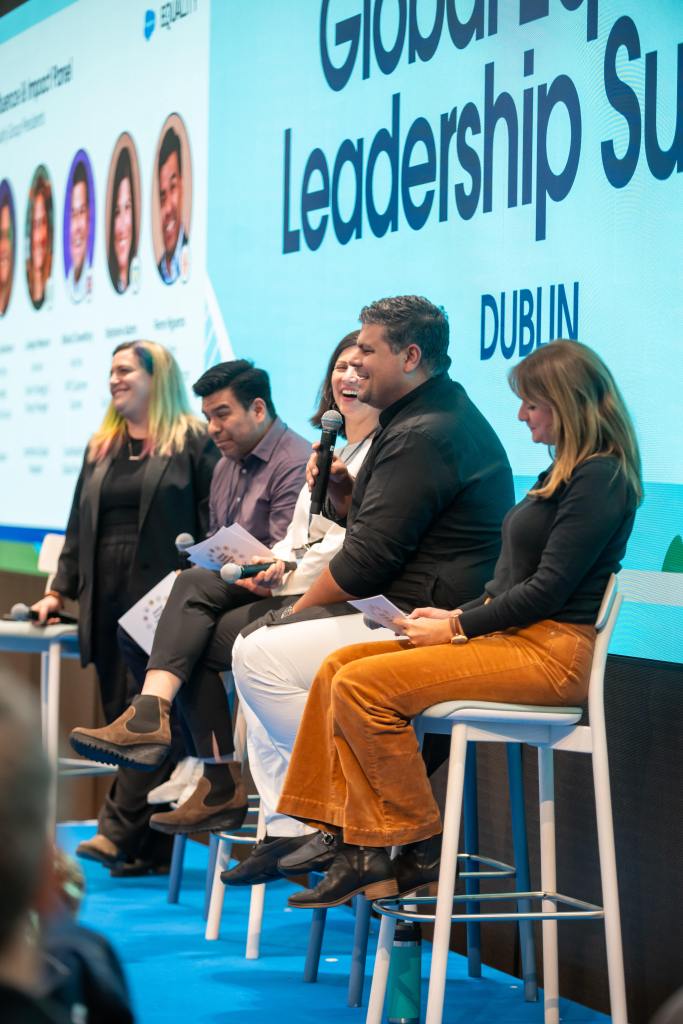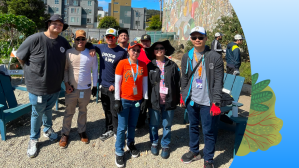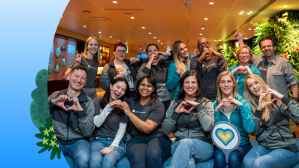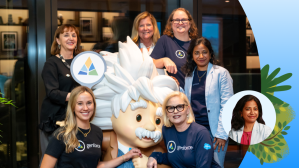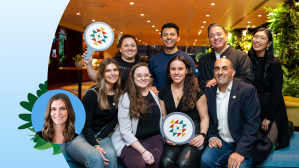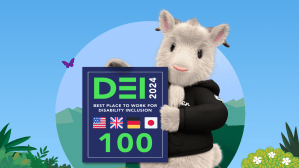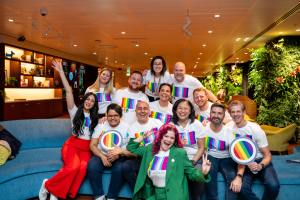Editor’s note: This story is part of an ongoing series to spotlight our Equality Groups and how they serve Salesforce employees globally. In honor of Asian American and Pacific Islander (AAPI) Heritage month, we are spotlighting Asiapacforce and Southasiaforce, two communities that support Asian employees globally. Check out additional interviews with the leaders of Earthforce, Salesforce Women’s Network, and BOLDforce.
Southasiaforce is an Equality Group with over 7,000 members that celebrates Salesforce’s growing global South Asian population. The group provides a supportive, diverse community for Salesforce employees and allies to connect through their cultures and find professional development opportunities.
We spoke with Nikolai Chowdhury, Regional Vice President, Customer Success Management for Salesforce and Global President of Southasiaforce to learn more about his passion for creating a sense of belonging, the importance of diverse teams, and the power of visibility.
Q. What drew you to the Southasiaforce leadership role?
I was born and raised in the vibrant settings of New York City and New Jersey. My father is from India, raised in Bombay with family from West Bengal, and my mother is Russian-American. Growing up, I experienced many different cultures, backgrounds, food, and traditions. I’ve always gravitated toward diversity and inclusion and celebrating our many differences.
In this role, I get to bring my passion to work every day to help foster an atmosphere of belonging.
Nikolai Chowdhury, Regional Vice President, Customer Success Management for Salesforce and Global President of Southasiaforce
Q. What are you focused on as Global President of Southasiaforce?
We have three main priorities this year. First, we want to enhance the visibility of South Asians in leadership. We’ll do this by bringing together Salesforce leaders, customers, and partners through various events throughout the year, including our first annual Asian Leadership Summit that we’ll host alongside Asiapacforce.
Second, we’re focused on having impactful conversations that expand cultural competency across the business. We’re partnering with the Office of Equality to roll out a new program that connects employees in our India hub with employees located in other offices. Through this program, we’ll share insights like how to work with teammates in different regions and cultivate allies across the company.
Finally, we’re focused on intersectionality. My goal is to partner with every one of Salesforce’s Equality Groups this year. These connections are critical to our business, especially as we grow and evolve as a company.
Q. Why is it important to embrace and cultivate diversity in a business setting?
I’ve found that when you bring people together who have different viewpoints, backgrounds, and experiences, you can problem-solve and create more innovative strategies. If you have a team of people who all think and work the same, you’re leaving opportunities on the table.
Q. What activities does Southasiaforce have planned for AAPI Heritage Month?
We are hosting one event each week across our global hubs. We’re also launching a series of professional development workshops focused on leadership skills for South Asian employees. We’ve set up networking events and fireside chats with executive sponsors to learn more about their journeys into leadership. Additionally, we are collaborating with other Equality Groups to host an intersectional cultural event that celebrates the rich diversity of our South Asian community through music, food, and art.
Q. How is Southasiaforce combating issues like the model minority myth and providing support to members?
The model minority myth applies to South Asians because they are often seen as inherently successful and pressured to take up roles like doctors or engineers to feed into stereotypes. It’s a significant challenge that can obscure the diverse needs and experiences within our community, especially in leadership and non-tech roles.
Despite the often homogenous portrayal, our community’s strengths lie in its rich cultural tapestry, which brings a variety of perspectives and ideas to the table. Southasiaforce addresses the model minority myth by promoting visibility, supporting different career pathways, and actively working to debunk stereotypes through educational initiatives and open dialogues. Battling this systemic pressure to excel and provide career support is a vital step in removing the stigma for those still building their careers or looking to find fulfillment in their current roles.
Q. What’s the most surprising or unexpected lesson you’ve learned as a leader?
The most surprising lesson has been the power of vulnerability in leadership. Sharing my challenges and learning from them openly has helped me connect with my team on a deeper level and encouraged a culture of trust and continuous improvement within our group.
Getting to Know Nikolai
- What is your favorite food?
- I love sushi and Japanese food — probably alluding to my love of fish and my Bengali background — but Indian food is also really comforting.
- What is your favorite book on leadership?
- The Mckinsey Mind by Ethan M. Rasiel and Paul N. Frig. It covers a series of mindset shifts and structured approaches to thinking about and solving challenging problems.
- What has been your favorite Southasiaforce moment or event?
- Southasiaforce CONNECT, which is a forum we broadcasted across all of our hubs last year. We had amazing dialogue, celebrated, and enjoyed delicious food.
- Outside of your work, what are some of your personal interests or hobbies that bring you joy?
- I really enjoy music, golf, traveling, and spending time with my family — and my cavapoo Burfi.
More information
- Learn more about Salesforce’s commitment to Equality and Equality Groups
